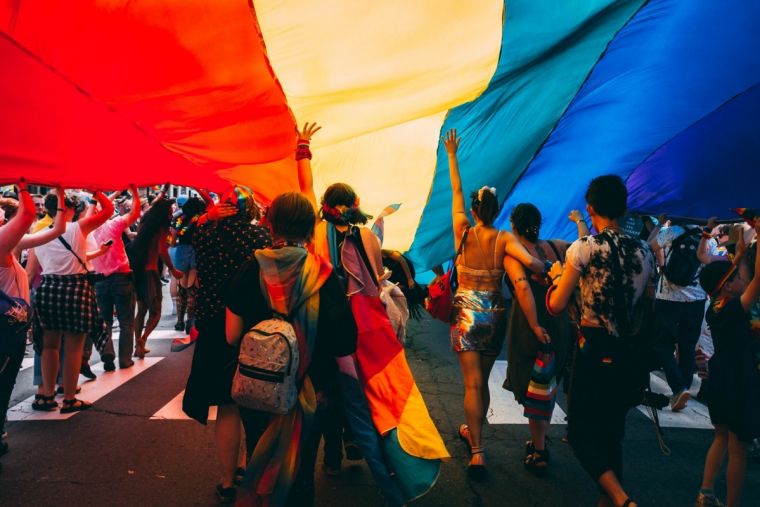Conversion therapy legislation should not criminalise pastoral duties - Church

The Presbyterian Church in Ireland has voiced support for a ban on "coercive approaches" to sexual identity but cautioned that any legislation must protect pastors offering spiritual support for those struggling in this area.
The comments came after MLAs in the Northern Ireland Assembly passed a non-binding motion stating that it is "fundamentally wrong" to see members of the LGBTQ community as needing a "fix or cure", and calling for a ban on gay conversion therapy "in all its forms".
Following the debate, in which the motion was passed 59 votes to 24, Presbyterian Church Moderator, the Rt Rev Dr David Bruce said he welcomed the opportunity for locally elected representatives to discuss and debate an issue "that is important to many, including people of faith".
"As a Church we are also clear on this issue, we oppose such coercive approaches, do not sanction them and they should never be suggested," he said.
"We support moves to introduce legislation where it does not already exist to outlaw these abuses, which are evidently damaging to people."
He went on to say that Christians should be free to help those who come to them for support and advice in their struggle with their sexual identity.
Freedom of conscience should also be safeguarded, he said.
"We also recognise that not everyone struggles with their sexuality, yet for those Christians who do, and ask their minister, or youth leader, to walk alongside them pastorally and prayerfully as they talk about this area of their lives, any future legislation should not criminalise either for fulfilling their pastoral duties responsibly," he said.
"Where protection from coercive interventions and 'therapies' is needed, clarity and balance are also required. We welcome the fact that a number of MLAs recognised the important point of principle that freedom of thought, conscience and the practice and observance of religion should also be protected."
The Christian Institute's Simon Calvert said it was right to protect people from "dangerous quack medical practices", but added that ordinary religious activities should not be criminalised.
He said: "A ban on spiritual guidance and prayer would be tyrannical and unworkable. Do they expect police, prosecutors and courts to decide which kinds of prayer are criminal and which are not?"











